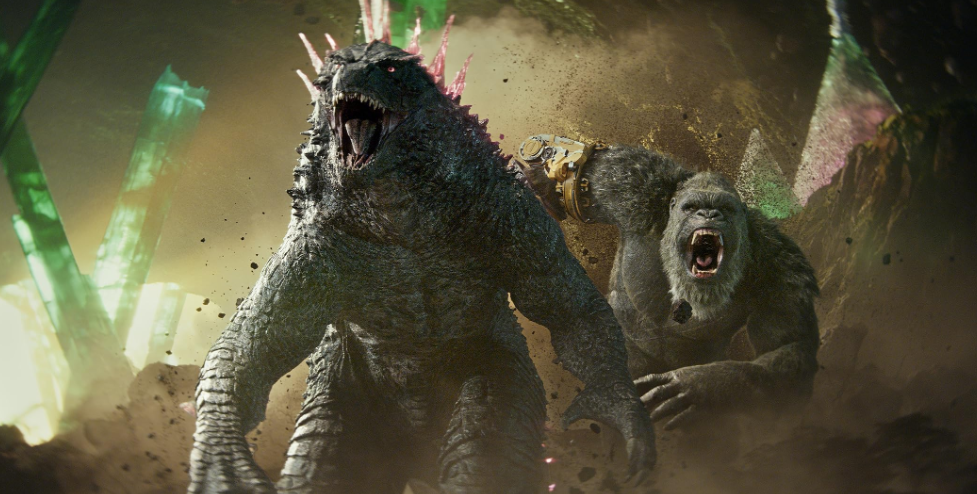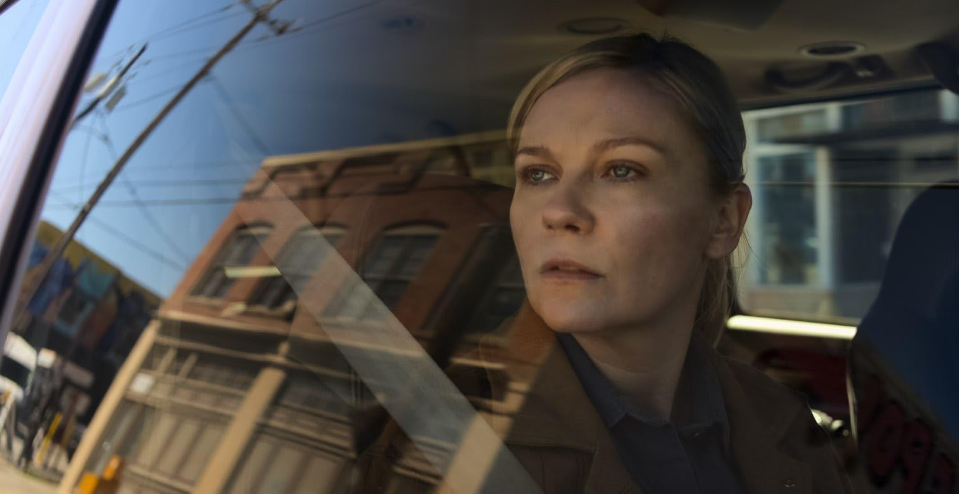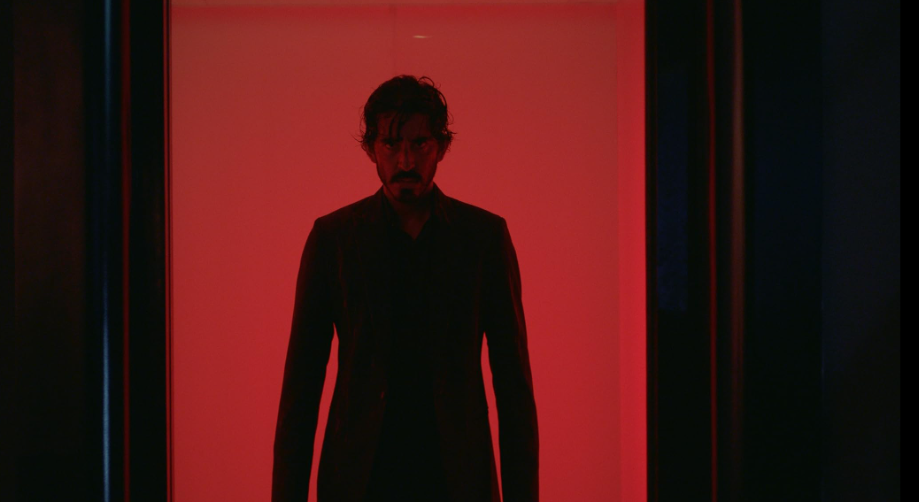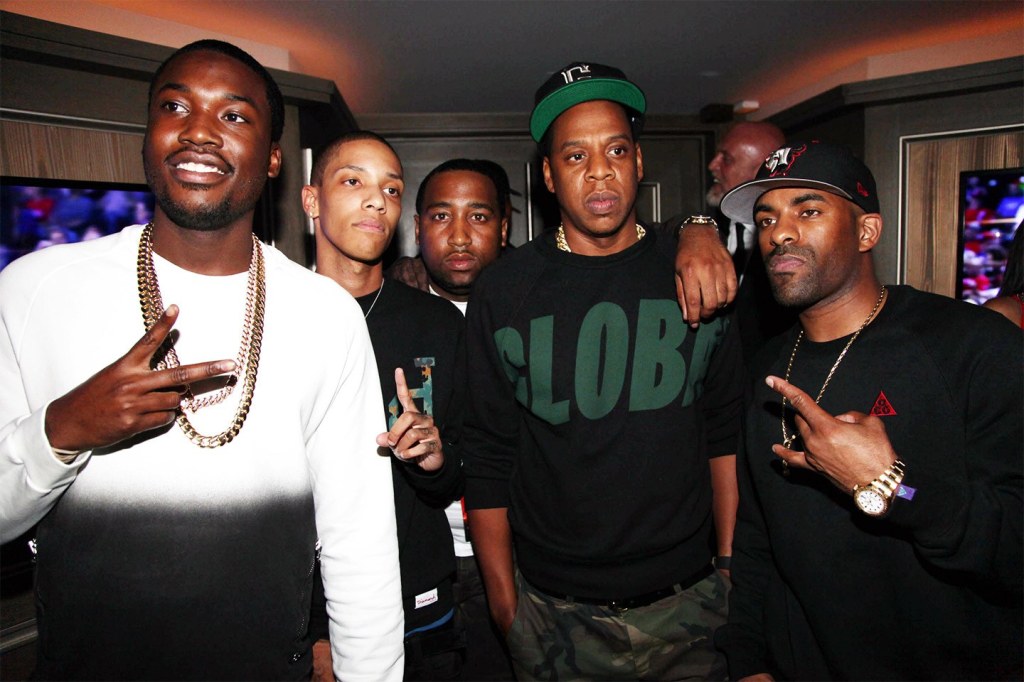Three weeks away from the release of Warner Bros’s Joker and while many are celebrating the performance of Joaquin Phoenix to the point that legitimate oscar buzz is starting to take hold, others fear that this film could be the start of a deadly revolution…seriously. It is safe to say that everyone in 2019 is familiar with Batman’s archnemesis. The character of the Joker was created in the 1940s, he has seen many variations over the years but the theme always remains the same. A psychotic murderous clown, who has an obsession with Batman as well as an extremely twisted sense of humor. The character is so iconic that actors who have portrayed him such as Jack Nicholson, Mark Hamill, and Heath Ledger went on to receive both critical and audience acclaim. So what changed? Why is the same character now being slammed as a blueprint of fear and hate? Politics.

When the initial reviews of Joker first broke from the Venice Film Festival, many were hopeful that the performance of Joaquin Phoenix could top that of Heath Ledger in The Dark Knight, but then the mood changed from positive to negative. Journalists began slamming the movie citing how the film will incite ‘incels’, ‘white male anxieties’, and men overall into violent hysteria. Progressive film critics began flooding the market with negative reviews with their reasoning having more to do with what the film ‘represents’ than the quality. According to them, the movie is ‘too dangerous’ to be made in ‘times like these’. Leah Greenblatt from Entertainment weekly slams the film as not only a reflection on the violent men of today’s society but argues this movie could be used as a vehicle that could inspire the next mass shooting, she states:
In a moment when internet culture can cancel a movie as minor as The Hunt for fomenting “anger and hate,” the wider impact Joker is poised to make seems far more dangerous. And the idea that even one viewer might take its convictions at face value, and then act on them, feels like no joke at all.
Leah was not alone in her sentiment, Andrea Thompson from The Young Folks agreed by stating:
Joker misses the greatest irony of all – that such an all-consuming nihilism and victimization mentality is a privilege in itself, and often a typical calling card of the demographic which is often behind real-life atrocities such as mass shootings. This movie is indeed terrifying, but that’s because it’s horrifically, unintentionally insightful of how such men are viewed, both from without and within.

Bounding Into Comics detailed how other progressive film critics came to similar conclusions leading to the film’s Rotten Tomato score to fall from 89% to 75%. Now we have covered the split between Rotten Tomatoes critics and audiences in the past, which only seems to be getting worse by the day. Here, there is a more noticeable trend coming from mainstream critics. Critics fear Joker because they do not view Hollywood as entertainment, they view it as an influence. In turn, they view themselves as the gatekeepers of what you should and should not be watching.
Last year, Actress Brie Larson criticized white male critics for the poor reception and box office numbers of A Wrinkle in Time. Larson was not the only star to do so, the cast of Ocean’s 8 also blamed male critics for the poor box office performance of that movie. Progressives believe the reason why movies with progressive ideologies are failing with audiences is not because of the film’s quality (because why would they) but film critics aren’t giving them positive reviews to boost the numbers. Many then proceeded to blame a lack of ‘diversity’ among film critics for left-wing movies not getting the positive feedback they wanted. Rotten Tomoates took the side of the left. Not only did RT alter their audience review system to cut down on the large disparity critics and viewers, they also decided to add over 600 new critics to increase the ‘diversity’ of their cinema ratings. Of the new critics, 55% are women, 60% are freelancers and 10% publish reviews via YouTube, podcasts and other emerging avenues.

What Rotten Tomatoes did was opened the floodgates to people who are not looking at the film’s quality but its message. Now when the next female ensemble film gets released, the next film promoting Black Lives Matter ideology or the next film that attacks Trump voters; progressives will expect a high rating to push audiences. To them, high ratings mean more viewers which will more people to consume and accept their ideology. This is why critics fear joker so much.
If you view movies as a tool to shape minds, progress a narrative, and influence the masses as progressives do, then applying that same logic to Joker makes sense. Instead of viewing this movie as an entertaining take on a famous comic book character, you would see the character as a vehicle to influence the masses. You wouldn’t believe the audience understands that Joker is a fictional villain with a brutal past that has been known for decades because your politics wouldn’t allow it.

When they see the Joker, they see incels, violent men, Trump voters, and other variations of their political enemies. Audiences see a crazy clown in a purple suit who might be in a future Batman movie. The mindset of progressives believes they will change the world and shape minds through films and television. They also believe that others are doing the same thing even when they aren’t. Projecting their agenda into others is driving their fear of Warner Bros Joker. In their minds, the panic behind ‘Joker’ shows they view Hollywood as influence not entertainment.
Don’t forget to Subscribe for Updates. Also, Follow Us at Society-Reviews, YouTube, Instagram, Twitter, Odysee, Twitch, & Letterboxd






Leave a Reply